Top 10 Food Waste Startups in india, Food waste is a significant issue worldwide, and India is no exception. With a burgeoning population and an ever-increasing demand for food, managing food waste has become crucial. Several innovative startups in India have emerged to tackle this problem, offering solutions ranging from food recovery and redistribution to waste recycling and composting. Here’s a detailed look at the top 10 food waste startups in India that are making a significant impact.
Table of Contents
1. Feeding India
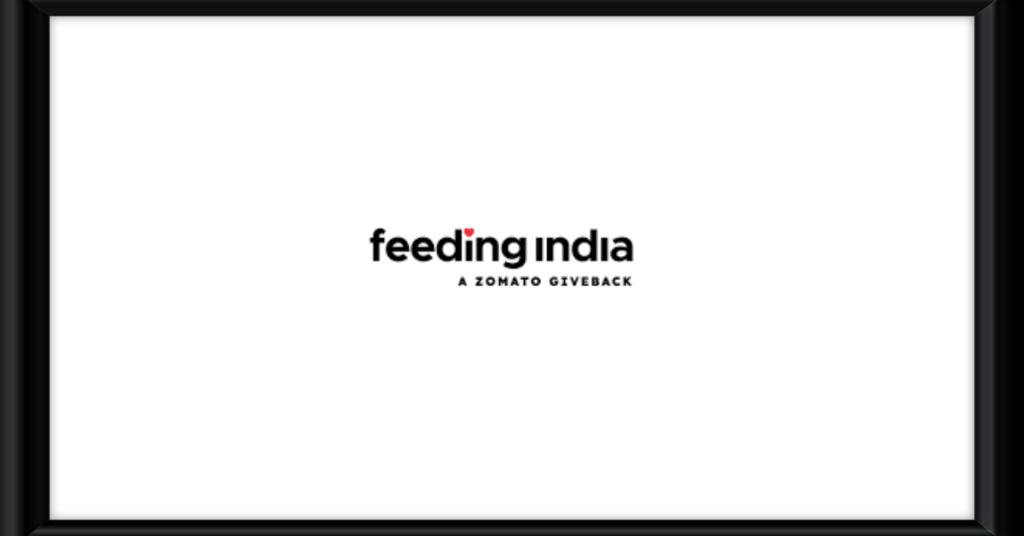
| Aspect | Details |
|---|---|
| Overview | Feeding India is a non-profit organization focused on redistributing surplus food from individuals, weddings, restaurants, and corporate offices to those in need. |
| Key Initiatives | Food Recovery: Collects excess food from events and redistributes it to underserved communities.Hunger Heroes: Volunteers who facilitate the collection and distribution process. Zomato Collaboration: Integration with Zomato to facilitate food donations through their platform. |
| Impact | Millions of meals served to underprivileged individuals.Reduction in food waste from restaurants and events. |
| Founders | Ankit Kawatra, Srishti Jain |
| Year Established | 2014 |
| Headquarters | New Delhi |
| Website | Feeding India |
| Notable Achievements | Partnered with the World Food Programme. Received the National Award for Child Welfare. |
Feeding India is a non-profit organization that focuses on redistributing surplus food from individuals, weddings, restaurants, and corporate offices to those in need.
- Food Recovery: Collects excess food from events and redistributes it to underserved communities.
- Hunger Heroes: Volunteers who facilitate the collection and distribution process.
- Zomato Collaboration: Integration with Zomato to facilitate food donations through their platform.
- Millions of meals served to underprivileged individuals.
- Reduction in food waste from restaurants and events.
Also read:Top 10 Remote Work Startups in india
2. No Food Waste
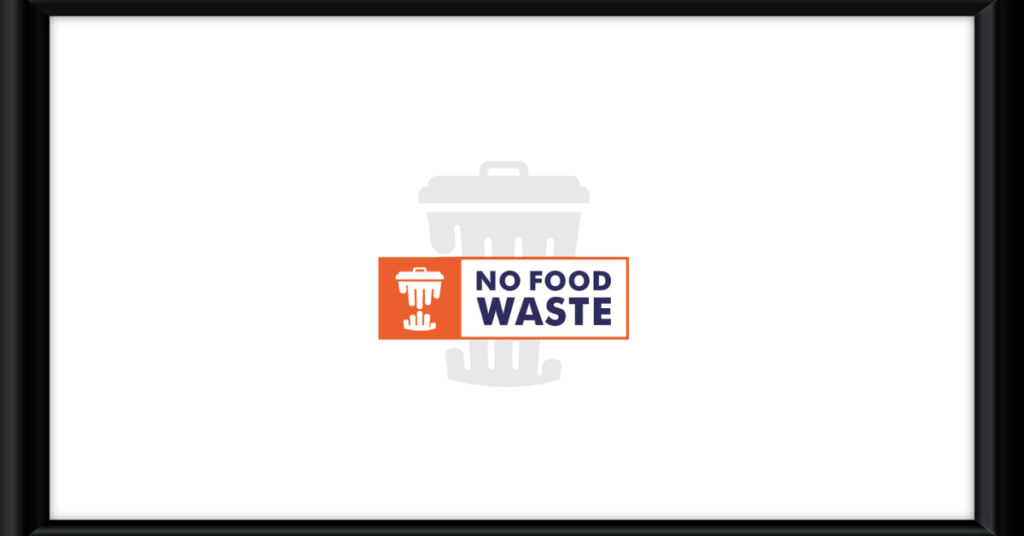
| Aspect | Details |
|---|---|
| Overview | No Food Waste is a Coimbatore-based startup that aims to eliminate food waste by redistributing excess food to the hungry. |
| Key Initiatives | –Food Recovery: Collection of surplus food from households, weddings, and hotels. Food Recovery App: A mobile application that connects donors with volunteers for food collection.Food ATM: Refrigerated vending machines placed in strategic locations where people in need can access free food. |
| Impact | -Significant reduction in food wastage in urban areas. Regular meals provided to thousands of people. |
| Founders | Padmanaban Gopalan |
| Year Established | 2014 |
| Headquarters | Coimbatore |
| Website | No Food Waste |
| Notable Achievements | -Installed Food ATMs in multiple cities. Recognized by the United Nations for innovative solutions in food waste management. |
No Food Waste is a Coimbatore-based startup that aims to eliminate food waste by redistributing excess food to the hungry.
- Food Recovery: Collection of surplus food from households, weddings, and hotels.
- Food Recovery App: A mobile application that connects donors with volunteers for food collection.
- Food ATM: Refrigerated vending machines placed in strategic locations where people in need can access free food.
- Significant reduction in food wastage in urban areas.
- Regular meals provided to thousands of people.
Also read:Top 10 Legal Services Startups in india
3. Robin Hood Army

| Aspect | Details |
|---|---|
| Overview | Robin Hood Army is a volunteer-based organization that works to get surplus food from restaurants to the less fortunate sections of society. |
| Key Initiatives | Food Distribution Drives: Regular drives to collect and distribute surplus food. Partnerships: Collaborations with local restaurants and cafes to source excess food. Volunteer Network: Strong community of volunteers across various cities in India. |
| Impact | Reduction in hunger and food waste in multiple Indian cities. Thousands of meals distributed every week. |
| Founders | Neel Ghose, Anand Sinha |
| Year Established | 2014 |
| Headquarters | New Delhi |
| Website | Robin Hood Army |
| Notable Achievements | Expanded to over 100 cities. Served millions of meals to the needy. |
Robin Hood Army is a volunteer-based organization that works to get surplus food from restaurants to the less fortunate sections of society.
- Food Distribution Drives: Regular drives to collect and distribute surplus food.
- Partnerships: Collaborations with local restaurants and cafes to source excess food.
- Volunteer Network: Strong community of volunteers across various cities in India.
- Reduction in hunger and food waste in multiple Indian cities.
- Thousands of meals distributed every week.
Also read:Top 10 Cyber Defense Startups in india
4. The Better India

| Aspect | Details |
|---|---|
| Overview | The Better India is a social impact platform that focuses on spreading awareness and implementing solutions for various societal issues, including food waste. |
| Key Initiatives | – Awareness Campaigns: Educational initiatives to inform the public about food waste. Community Programs: Encouraging local communities to take action against food wastage. Collaboration with NGOs: Partnering with non-profits to facilitate food recovery and distribution. |
| Impact | – Increased public awareness about food waste issues. Collaboration-driven reduction in food waste. |
| Founders | Dhimant Parekh, Anuradha Parekh |
| Year Established | 2008 |
| Headquarters | Bengaluru |
| Website | The Better India |
| Notable Achievements | – Reached millions through awareness campaigns.Successfully launched community-driven initiatives. |
The Better India is a social impact platform that focuses on spreading awareness and implementing solutions for various societal issues, including food waste.
- Awareness Campaigns: Educational initiatives to inform the public about food waste.
- Community Programs: Encouraging local communities to take action against food wastage.
- Collaboration with NGOs: Partnering with non-profits to facilitate food recovery and distribution.
- Increased public awareness about food waste issues.
- Collaboration-driven reduction in food waste.
Also read:Top 10 Mobility as a Service (MaaS) Startups in india
5. Save Indian Grain Organization (SIGO)

| Aspect | Details |
|---|---|
| Overview | SIGO is dedicated to preventing post-harvest losses of grains, ensuring that the produce reaches consumers without wastage. |
| Key Initiatives | – Storage Solutions: Providing better storage facilities to prevent grain spoilage.- Farmer Education: Training farmers on best practices for harvesting and storage. Supply Chain Management: Enhancing supply chain processes to minimize losses. |
| Impact | – Reduced post-harvest grain losses.Improved income for farmers through better preservation of produce. |
| Founders | Anil Jadhav |
| Year Established | 2015 |
| Headquarters | Pune |
| Website | SIGO |
| Notable Achievements | – Developed innovative storage solutions. Trained thousands of farmers across India. |
SIGO is dedicated to preventing post-harvest losses of grains, ensuring that the produce reaches consumers without wastage.
- Storage Solutions: Providing better storage facilities to prevent grain spoilage.
- Farmer Education: Training farmers on best practices for harvesting and storage.
- Supply Chain Management: Enhancing supply chain processes to minimize losses.
- Reduced post-harvest grain losses.
- Improved income for farmers through better preservation of produce.
Also read:Top 10 GreenTech Startups in india
6. EcoWaste
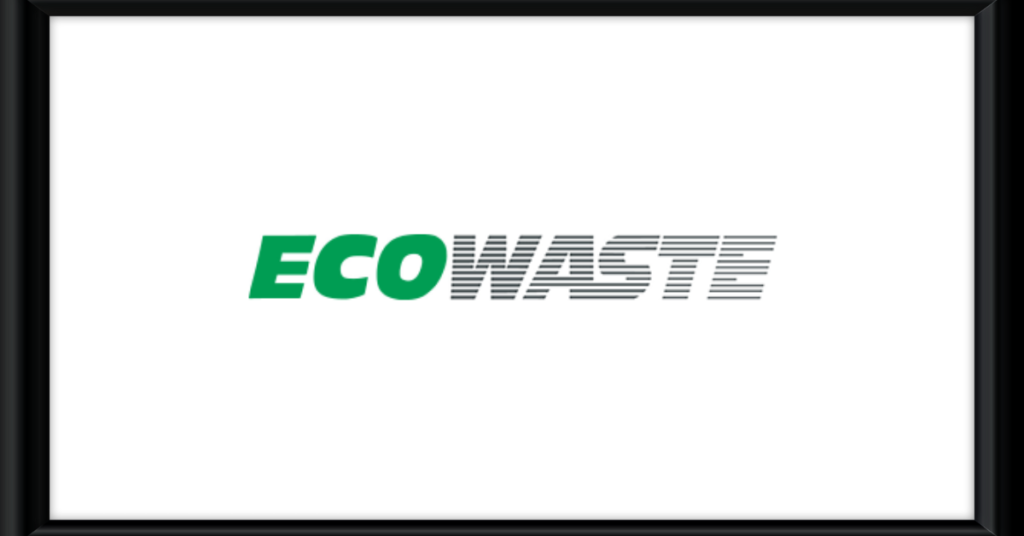
| Aspect | Details |
|---|---|
| Overview | EcoWaste focuses on recycling food waste into useful by-products like compost and biogas. |
| Key Initiatives | – Food Waste Recycling: Converting food waste into compost for agricultural use. Biogas Production: Utilizing food waste to produce biogas as an alternative energy source. Community Programs: Engaging local communities in waste segregation and recycling efforts. |
| Impact | – Reduced landfill waste through effective recycling. Promotion of sustainable energy solutions. |
| Founders | Anil Jindal |
| Year Established | 2016 |
| Headquarters | Delhi |
| Website | EcoWaste |
| Notable Achievements | – Successfully implemented waste-to-energy projects.Engaged thousands of households in waste segregation. |
EcoWaste focuses on recycling food waste into useful by-products like compost and biogas.
- Food Waste Recycling: Converting food waste into compost for agricultural use.
- Biogas Production: Utilizing food waste to produce biogas as an alternative energy source.
- Community Programs: Engaging local communities in waste segregation and recycling efforts.
- Reduced landfill waste through effective recycling.
- Promotion of sustainable energy solutions.
Also read:Top 10 GreenTech Startups in india
7. Saathi Re

| Aspect | Details |
|---|---|
| Overview | Saathi Re is a platform that connects food donors with recipients to reduce food wastage and support those in need. |
| Key Initiatives | – Digital Platform: Online platform for connecting food donors and recipients. – Volunteer Network: Mobilizing volunteers to assist in food collection and distribution. Corporate Partnerships: Engaging with businesses to donate surplus food regularly. |
| Impact | – Streamlined process for food donation and distribution. Significant reduction in food wastage from corporate sources. |
| Founders | Rajeev Sharma |
| Year Established | 2017 |
| Headquarters | Mumbai |
| Website | Saathi Re |
| Notable Achievements | – Partnered with major corporations for regular food donations. Established a strong network of volunteers across cities. |
Saathi Re is a platform that connects food donors with recipients to reduce food wastage and support those in need.
- Digital Platform: Online platform for connecting food donors and recipients.
- Volunteer Network: Mobilizing volunteers to assist in food collection and distribution.
- Corporate Partnerships: Engaging with businesses to donate surplus food regularly.
- Streamlined process for food donation and distribution.
- Significant reduction in food wastage from corporate sources.
Also read:Top 10 Waste Management Startups in india
8. Waste Ventures India
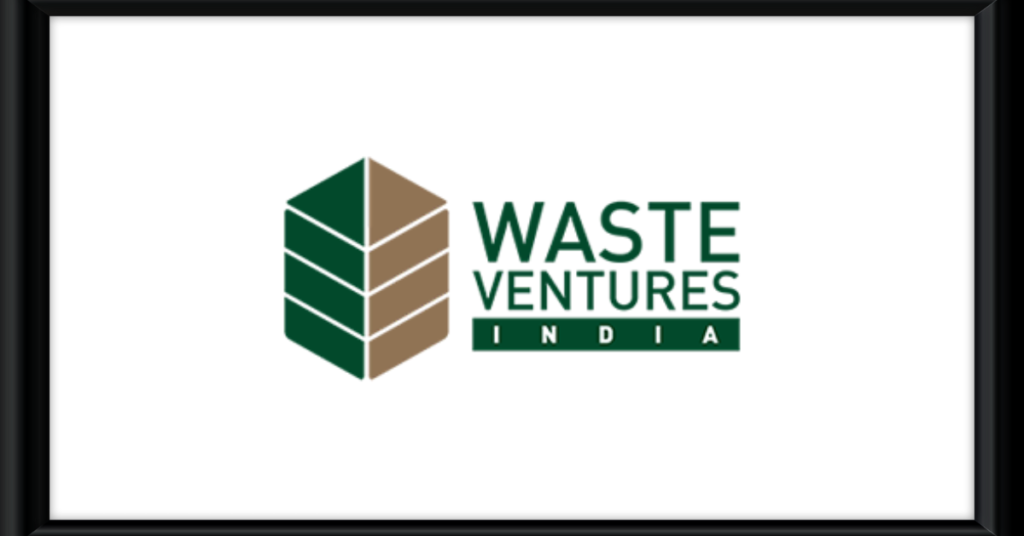
| Aspect | Details |
|---|---|
| Overview | Waste Ventures India works on creating a zero-waste ecosystem by recycling food waste and other organic materials. |
| Key Initiatives | – Waste Collection: Comprehensive waste collection services for organic waste. – Composting Solutions: Converting food waste into high-quality compost for agriculture. Awareness Programs: Educating communities on the benefits of composting and waste segregation. |
| Impact | – Promotion of organic farming through compost use. Effective waste management and recycling practices. |
| Founders | Sahar Mansoor |
| Year Established | 2014 |
| Headquarters | Hyderabad |
| Website | Waste Ventures India |
| Notable Achievements | – Diverted significant amounts of organic waste from landfills. Created sustainable waste management models in several cities. |
Waste Ventures India works on creating a zero-waste ecosystem by recycling food waste and other organic materials.
- Waste Collection: Comprehensive waste collection services for organic waste.
- Composting Solutions: Converting food waste into high-quality compost for agriculture.
- Awareness Programs: Educating communities on the benefits of composting and waste segregation.
- Promotion of organic farming through compost use.
- Effective waste management and recycling practices.
Also read:Top 10 WaterTech Startups in india
9. Rural Urban Council of Skills & Vocational Studies (RUCSVS)
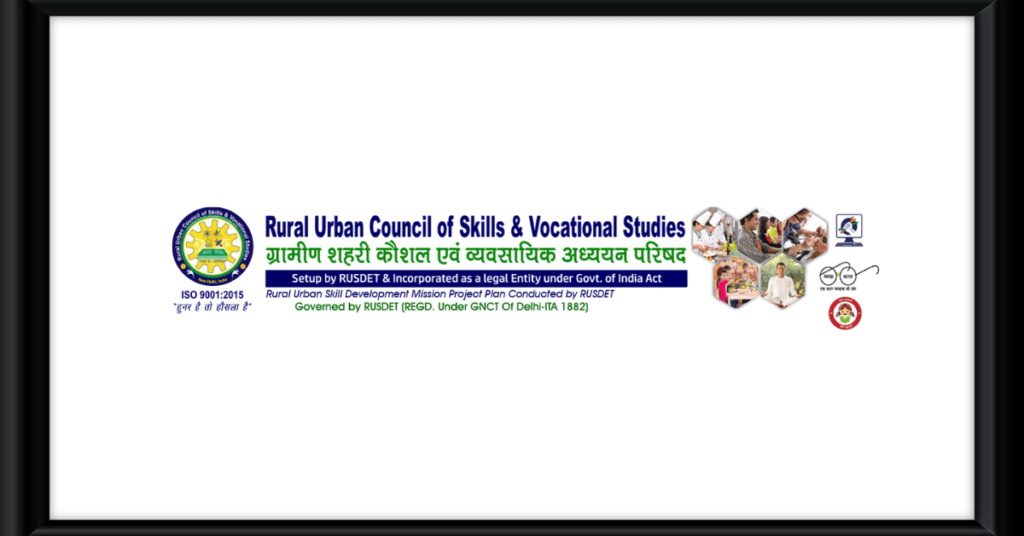
| Aspect | Details |
|---|---|
| Overview | RUCSVS aims to address food waste through educational programs and initiatives that promote sustainable practices. |
| Key Initiatives | – Training Programs: Educating individuals on food preservation and waste reduction techniques. Community Engagement: Involving local communities in food waste reduction efforts. Research and Development: Conducting research to develop innovative solutions for food waste management. |
| Impact | – Increased knowledge and skills for food waste management. Community-driven reduction in food wastage. |
| Founders | Dr. Ramesh Sharma |
| Year Established | 2016 |
| Headquarters | Jaipur |
| Website | RUCSVS |
| Notable Achievements | – Implemented successful training programs in multiple regions. Conducted impactful research projects on food waste management. |
RUCSVS aims to address food waste through educational programs and initiatives that promote sustainable practices.
- Training Programs: Educating individuals on food preservation and waste reduction techniques.
- Community Engagement: Involving local communities in food waste reduction efforts.
- Research and Development: Conducting research to develop innovative solutions for food waste management.
- Increased knowledge and skills for food waste management.
- Community-driven reduction in food wastage.
Also read:Top 10 Renewable Energy Startups in india
10. Karma Recycling
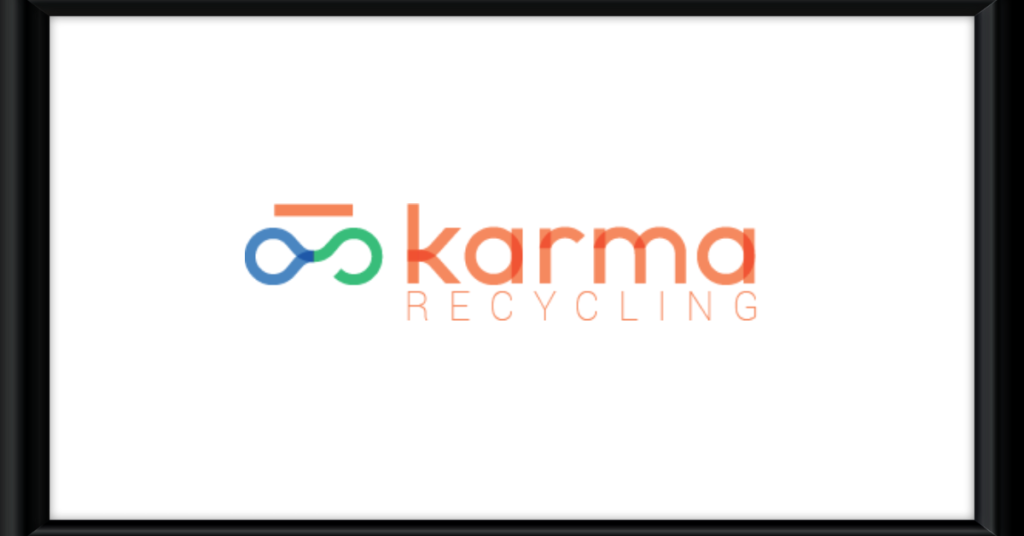
| Aspect | Details |
|---|---|
| Overview | Karma Recycling focuses on repurposing food waste into valuable products like fertilizers and animal feed. |
| Key Initiatives | – Repurposing Initiatives: Converting food waste into organic fertilizers and animal feed.Corporate Partnerships: Collaborating with businesses to manage their food waste sustainably. Educational Programs: Raising awareness about the benefits of repurposing food waste. |
| Impact | – Reduction in food waste through repurposing. Sustainable agriculture practices promoted through organic fertilizers. |
| Founders | Varun Khurana |
| Year Established | 2017 |
| Headquarters | Gurgaon |
| Website | Karma Recycling |
| Notable Achievements | – Developed efficient processes for converting food waste. Partnered with agricultural communities to promote organic fertilizers. |
Karma Recycling focuses on repurposing food waste into valuable products like fertilizers and animal feed.
- Repurposing Initiatives: Converting food waste into organic fertilizers and animal feed.
- Corporate Partnerships: Collaborating with businesses to manage their food waste sustainably.
- Educational Programs: Raising awareness about the benefits of repurposing food waste.
- Reduction in food waste through repurposing.
- Sustainable agriculture practices promoted through organic fertilizers.
The fight against food waste in India is being spearheaded by these innovative startups, each bringing unique solutions to the table. From redistribution of surplus food to recycling and repurposing waste, these organizations are not only reducing food wastage but also addressing hunger and promoting sustainability. As these startups continue to grow and expand their reach, their impact on reducing food waste in India is expected to increase significantly.
Also read:Top 10 BioTech Startups in india
FAQs on Food Waste startups in India :
1. Which Indian startups are engaged in waste management?
Indian startups actively engaged in waste management include:
- EcoWaste: Focuses on recycling food waste into useful by-products like compost and biogas.
- Saathi Re: Connects food donors with recipients to reduce food wastage and support those in need.
- Waste Ventures India: Creates a zero-waste ecosystem by recycling food waste and other organic materials.
- Karma Recycling: Repurposes food waste into valuable products like fertilizers and animal feed.
2. What companies produce the most food waste?
Typically, the sectors that produce the most food waste include:
- Hospitality and Food Services: Restaurants, hotels, and catering services generate significant food waste.
- Retail: Supermarkets and food retailers discard large quantities of unsold food.
- Manufacturing: Food processing companies often produce waste due to spoilage, overproduction, and packaging issues.
3. How can I start a garbage business in India?
To start a garbage business in India:
- Research and Planning: Understand the market, identify your niche (e.g., residential, commercial, industrial waste), and create a business plan.
- Legal Requirements: Register your business, obtain necessary licenses and permits from local authorities, and comply with environmental regulations.
- Infrastructure: Invest in collection vehicles, waste bins, and sorting facilities.
- Partnerships: Collaborate with local municipalities, waste processing facilities, and recycling companies.
- Awareness: Educate the community about waste segregation and your services.
- Sustainability: Implement sustainable practices like recycling and composting to reduce landfill waste.
4. What is the cost of food wastage in India?
The cost of food wastage in India is substantial. According to various studies, it is estimated that India loses around ₹92,000 crores (approximately $14 billion) worth of food annually due to wastage at different stages of the supply chain, from production to consumption.
5. Which is the richest waste management company in India?
As of now, Antony Waste Handling Cell Ltd. is considered one of the leading and richest waste management companies in India. It provides waste collection, transportation, processing, and disposal services across multiple cities.
6. Which is the most successful startup in India?
- Flipkart: E-commerce giant acquired by Walmart.
- Ola: Leading ride-hailing service.
- Byju’s: Major player in the ed-tech space.
- Paytm: Prominent digital payments and financial services platform.
Success is often measured by market valuation, customer base, and innovation.
7. Who is fighting food waste?
- Feeding India: Redistributes surplus food to those in need.
- Robin Hood Army: A volunteer-based organization that collects and distributes surplus food from restaurants.
- No Food Waste: Collects excess food and redistributes it through Food ATMs and other means.
8. Which sector wastes the most food?
The hospitality and food services sector wastes the most food, followed by:
- Retail: Supermarkets and grocery stores.
- Households: Consumer-level wastage due to improper storage and over-purchasing.
- Agriculture: Post-harvest losses due to inadequate storage and transportation.
9. What is the biggest food waste?
The biggest food waste occurs at the consumer and retail levels, where a significant amount of food is discarded due to spoilage, aesthetic standards, and over-purchasing. In terms of specific foods, perishables like fruits, vegetables, dairy, and bakery items are commonly wasted.
10. Which recycling is most profitable?
The most profitable recycling sectors include:
- Metal Recycling: Especially precious metals like gold, silver, and copper.
- E-Waste Recycling: Recovering valuable metals and components from electronic devices.
- Plastic Recycling: High demand for recycled plastics in various industries.
11. Is waste management profitable?
Yes, waste management can be profitable, especially when focusing on recycling and resource recovery. Profits can be derived from:
- Selling Recycled Materials: Metals, plastics, and paper.
- Composting: Producing and selling compost.
- Energy Generation: Producing biogas or energy from waste.
12. How can I start an e-waste company in India?
- Market Research: Understand the e-waste market and regulatory requirements.
- Business Plan: Develop a detailed plan including collection, transportation, and processing strategies.
- Legal Compliance: Obtain necessary licenses and approvals from pollution control boards and other authorities.
- Infrastructure: Set up collection centers, dismantling, and recycling facilities.
- Technology: Invest in appropriate technologies for safe and efficient e-waste processing.
- Partnerships: Collaborate with manufacturers, retailers, and municipal bodies for e-waste collection.
- Awareness Campaigns: Educate the public and businesses about the importance of e-waste recycling and your services.
CONCLUSION:
Food waste is a significant global issue, with about one-third of all food produced worldwide lost or wasted. This waste has serious environmental, economic, and social consequences. Environmentally, it contributes to greenhouse gas emissions, as decomposing food in landfills releases methane, a potent greenhouse gas. Economically, food waste represents a loss of resources, including water, labor, and energy, that were used in producing, processing, and transporting the food. Socially, food waste is particularly troubling given that millions of people globally face food insecurity and hunger.
Efforts to reduce food waste involve a combination of strategies such as improving supply chain efficiencies, educating consumers on food storage and waste reduction, and developing technologies to repurpose food waste into valuable products. Innovative solutions include using food waste to produce animal feed, fertilizers, or energy, and creating apps to connect consumers with surplus food from retailers and restaurants.
Addressing food waste requires collaboration across all sectors of society, including governments, businesses, and individuals, to create a more sustainable and equitable food system.
Also read:
Top 10 BioTech Startups in india
Top 10 Renewable Energy Startups in india
Top 10 WaterTech Startups in india
Top 10 Waste Management Startups in india
Top 10 GreenTech Startups in india
Top 10 SpaceTech Startups in india
Top 10 Mobility as a Service (MaaS) Startups in india
Top 10 Cyber Defense Startups in india
Top 10 Legal Services Startups in india
Top 10 Remote Work Startups in india
Last Updated on: Saturday, July 6, 2024 3:32 am by Indian News Bulletin Team | Published by: Indian News Bulletin Team on Tuesday, June 25, 2024 1:57 pm | News Categories: Trending